Dental Implants Gum Disease
Dental implants gum disease. Then a diagnosis and treatment plan can be formed. At its worst peri-implantitis can cause your dental implant to become loose or fail completely. The answer is yes as long as the issue has been corrected.
To be considered for dental implants you may need to wait and treat your gum disease first because it can affect the success of a dental implant and its potential for longevity. As a result your gums are not likely stable enough to hold a dental implant in place. By removing all of the teeth youve removed all of the gum disease.
However periodontal disease is also a leading cause of dental implant failure and people with a history of chronic periodontal disease experience a failure rate many times higher than those without a prior history. The Relationship Between Dental Implants and Gum Disease. But youre more at risk for developing gum disease around the implants because implants are not permanent at all.
Conte com a gente para cada detalhe do consultório com nosso extenso catálogo. Healthy gums and bone are necessary for any dental implants. You cannot have periodontitis around no teeth.
The dental implant placement process requires a dental professional to surgically insert an implant directly into a patients jawbone. Full mouth dental implants such as All on 4 implants. The only time implants will cure gum disease is if all the teeth have to come out.
Implants also help preserve tooth-supporting bone that naturally deteriorates when a tooth is lost. Can patients get dental implants if gum disease is present. Gum disease is the leading cause of tooth loss to adults in the UK.
Once you have an implant your risk of developing gum disease does not disappear. Combat Gum Disease For patients who are affected by gum disease the issue of lost teeth need not be a problem.
At its worst peri-implantitis can cause your dental implant to become loose or fail completely.
At its worst peri-implantitis can cause your dental implant to become loose or fail completely. As a result your gums are not likely stable enough to hold a dental implant in place. Once you have an implant your risk of developing gum disease does not disappear. Gum diseases such as gingivitis and periodontitis are the leading causes of tooth loss. It occurs when bacteria builds up and affects gum tissue and bone around a dental implant. There is no tooth-replacement option that will give you a longer-lasting result. Chronic inflammation causes bone loss which can lead to a loose implant that eventually could fall out. To be considered for dental implants you may need to wait and treat your gum disease first because it can affect the success of a dental implant and its potential for longevity. You cannot have periodontitis around no teeth.
The answer is yes as long as the issue has been corrected. Because dental implants need to get fixed tightly healthy gums and jawbones are essential for success. Can patients get dental implants if gum disease is present. This loss of ligaments can be measured by a dentist or dental hygienist therapist and they can take x-rays to check the loss of bone. Full mouth implant options are generally two kinds. Then a diagnosis and treatment plan can be formed. By removing all of the teeth youve removed all of the gum disease.
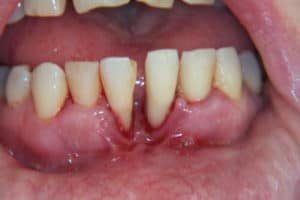



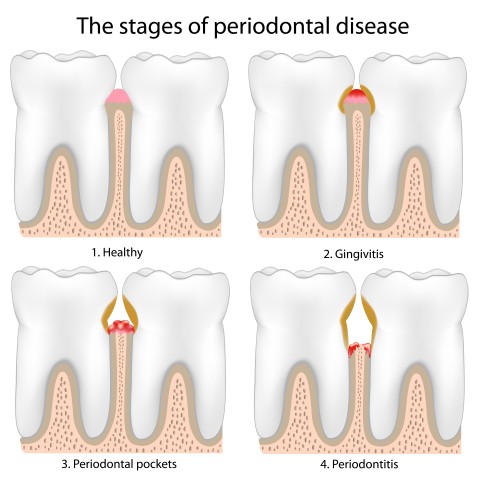



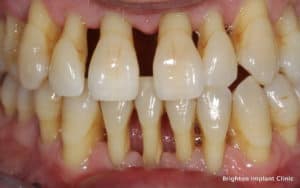

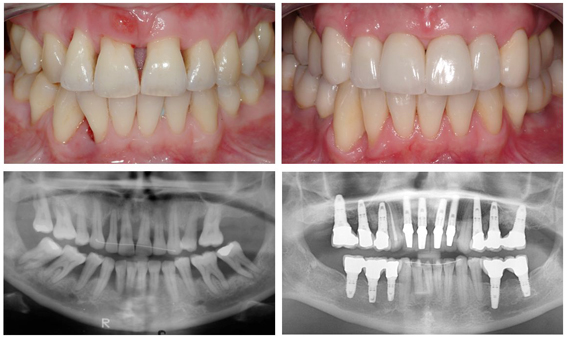


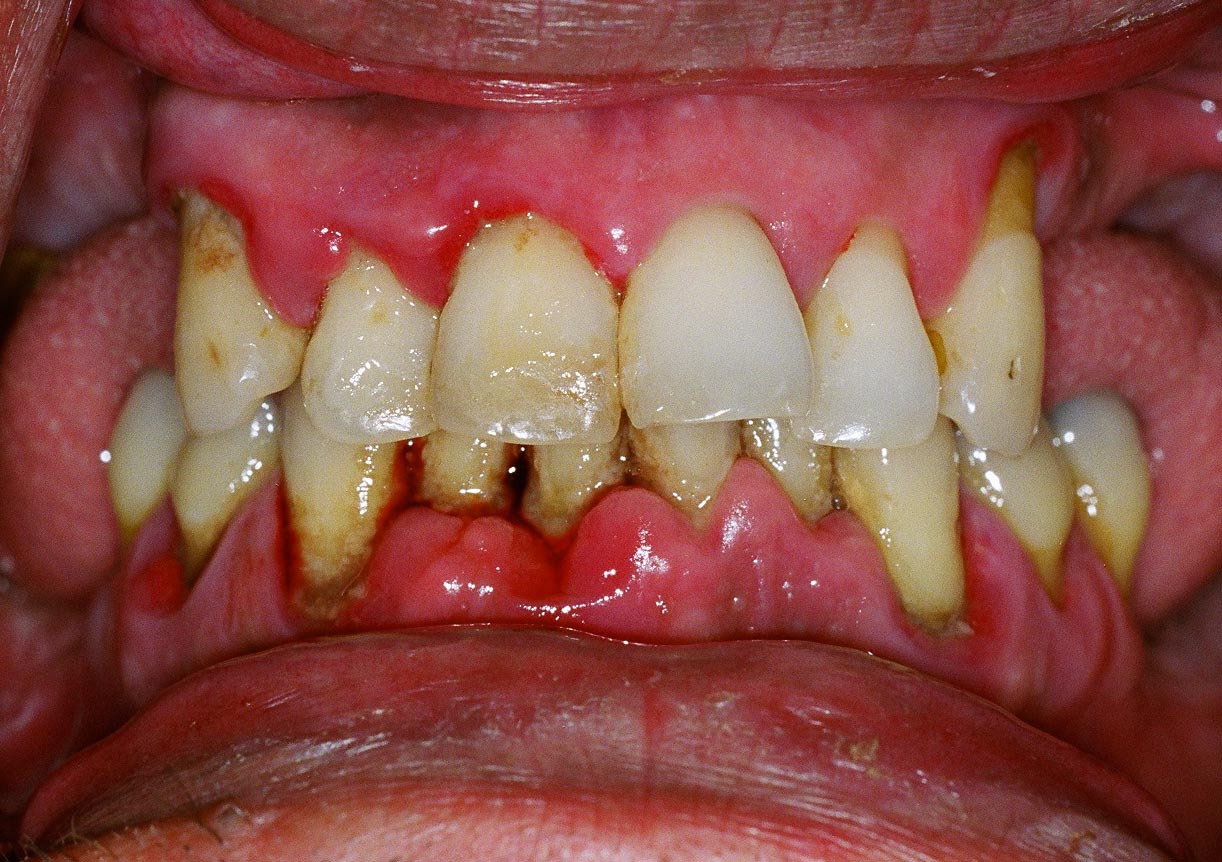


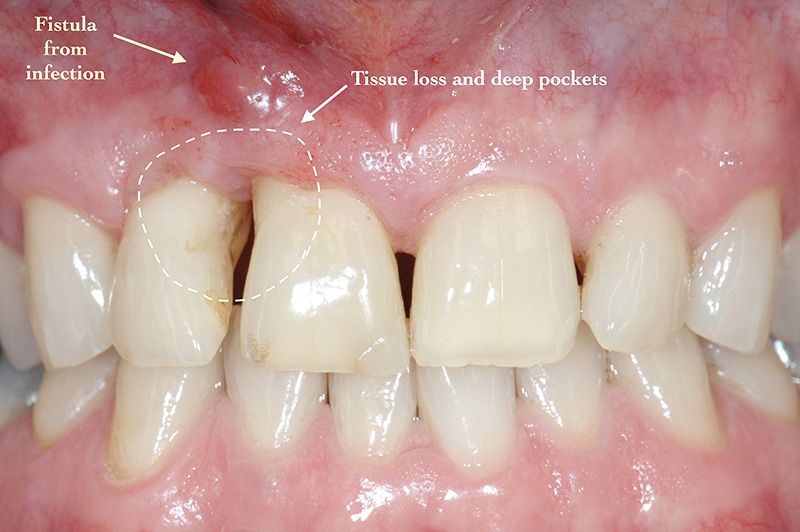
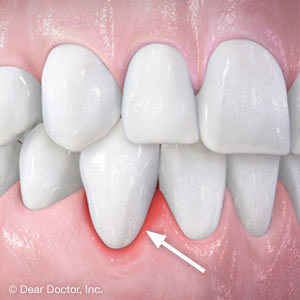

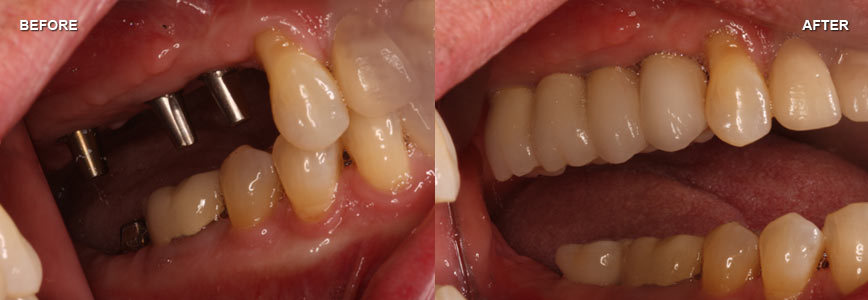

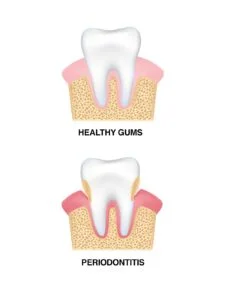

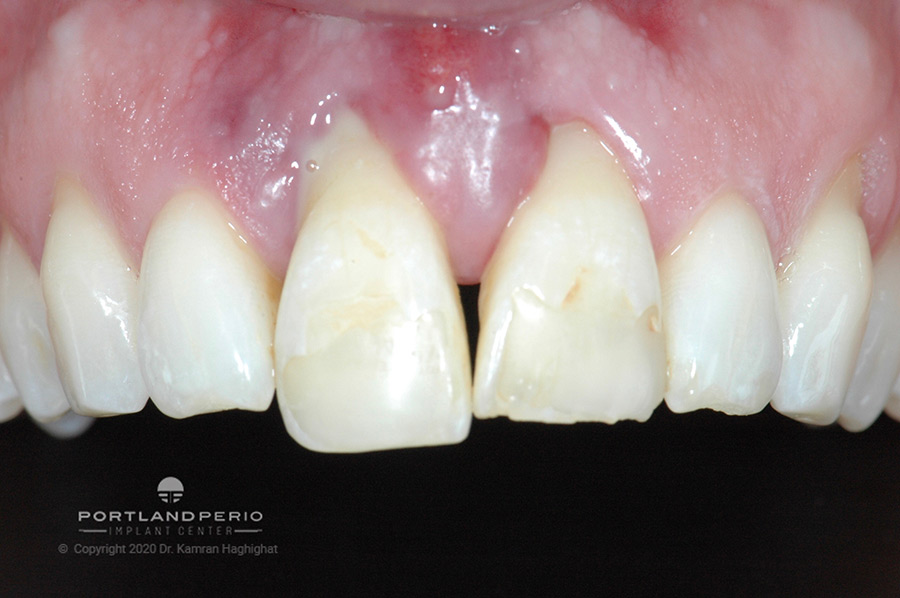




.jpg)

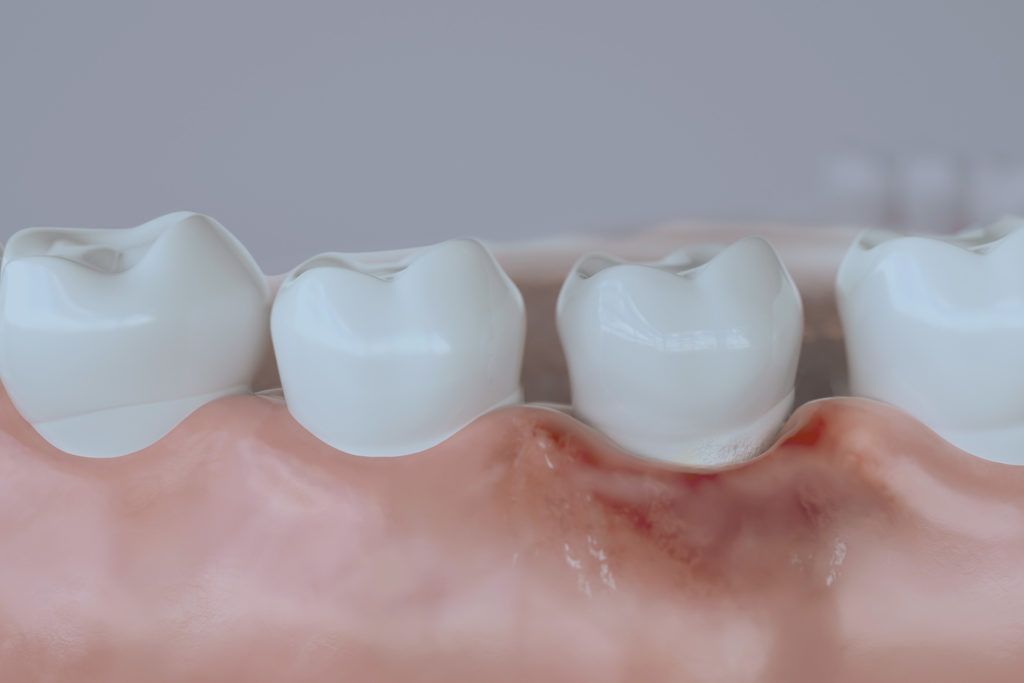


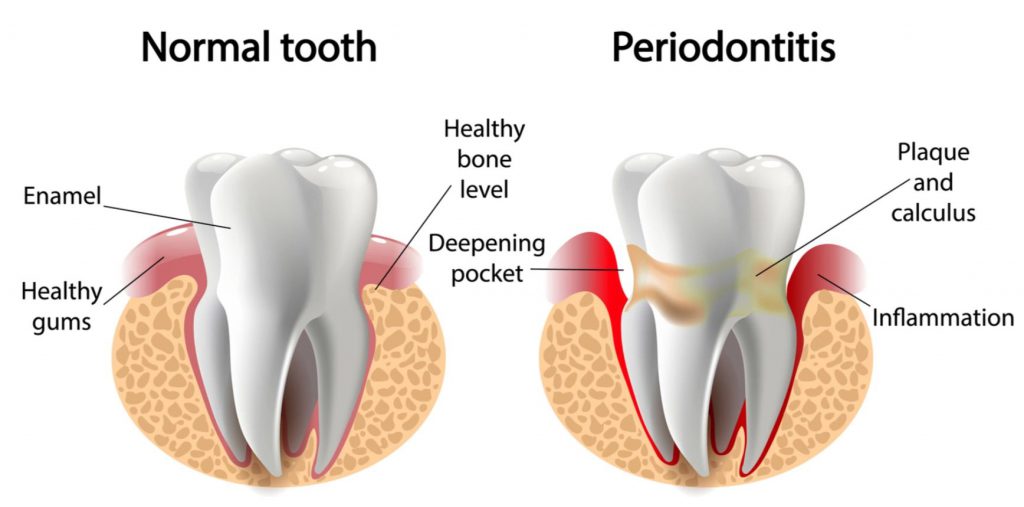
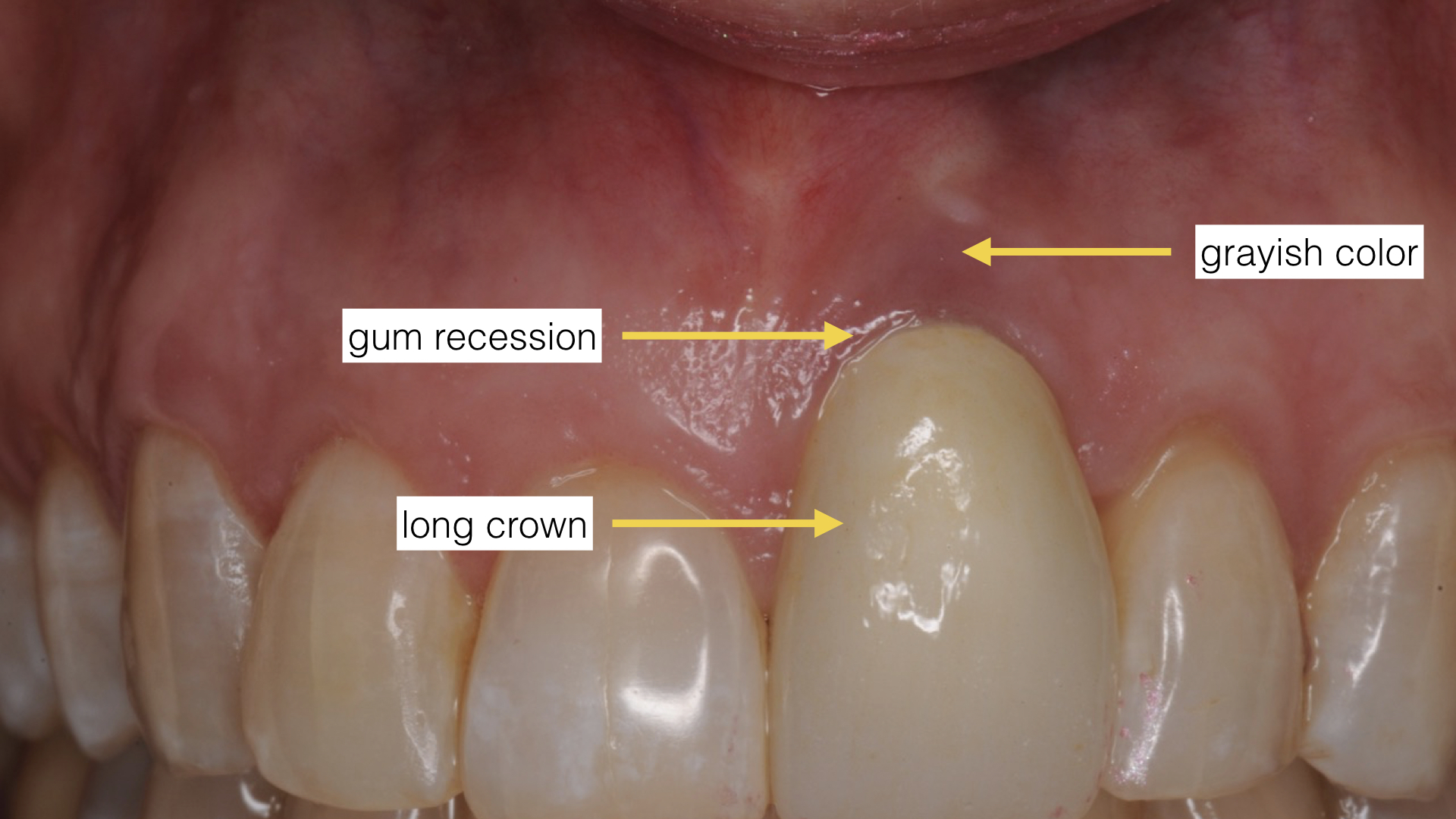



Posting Komentar untuk "Dental Implants Gum Disease"